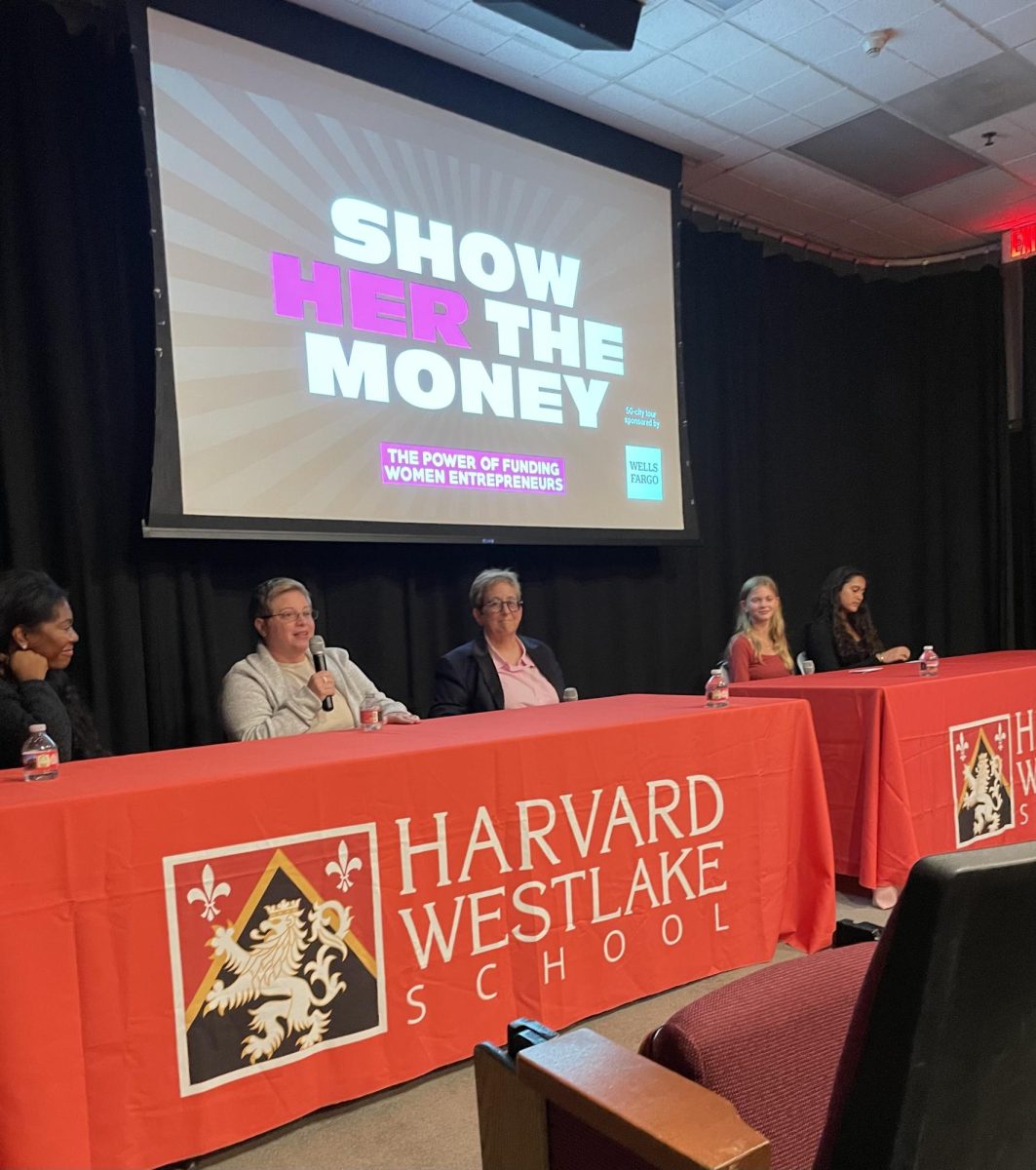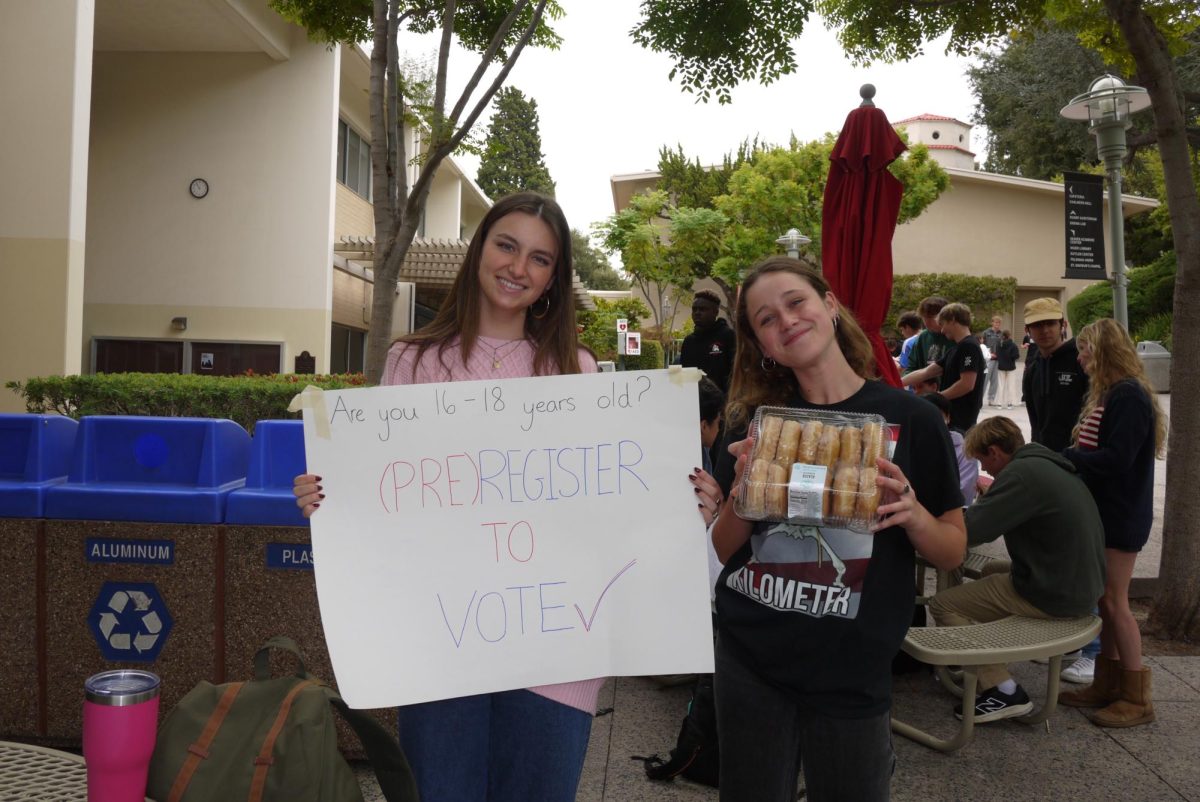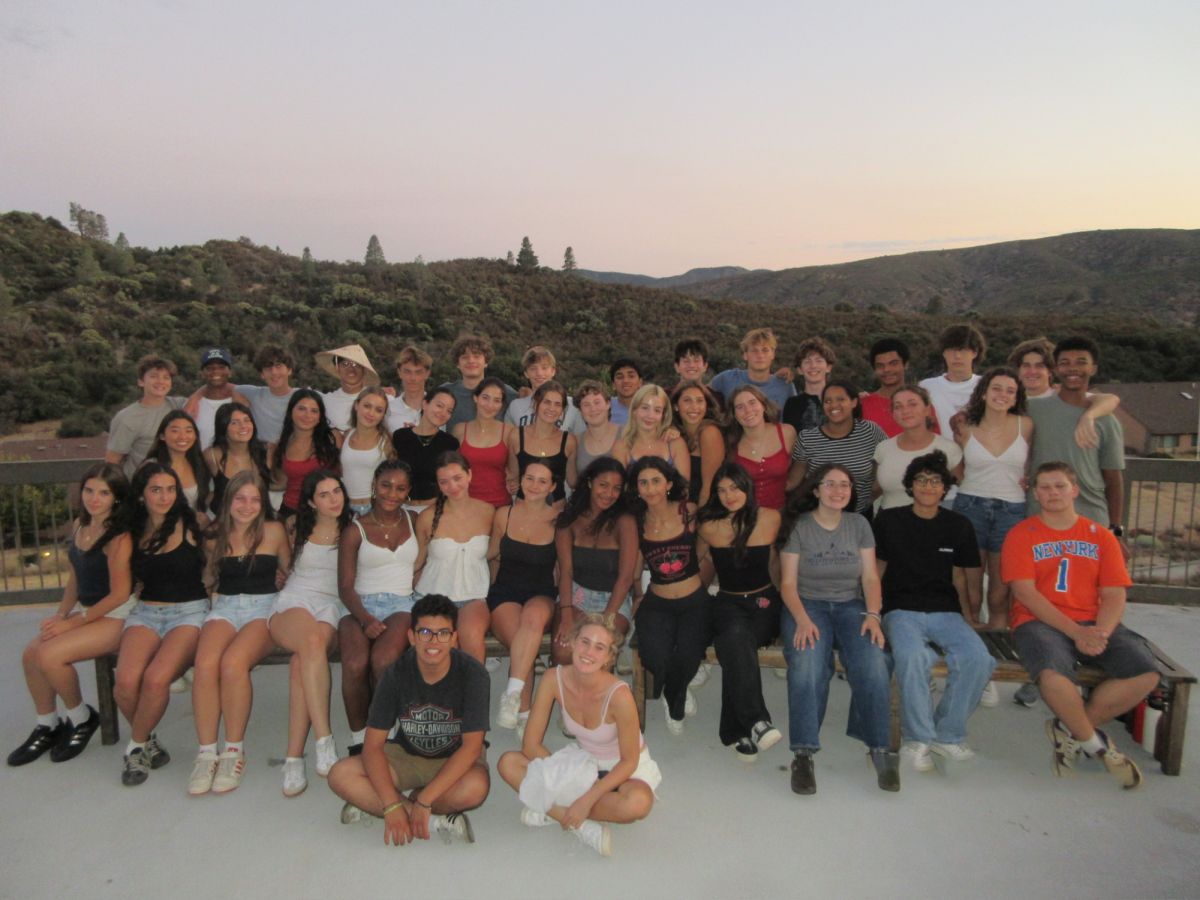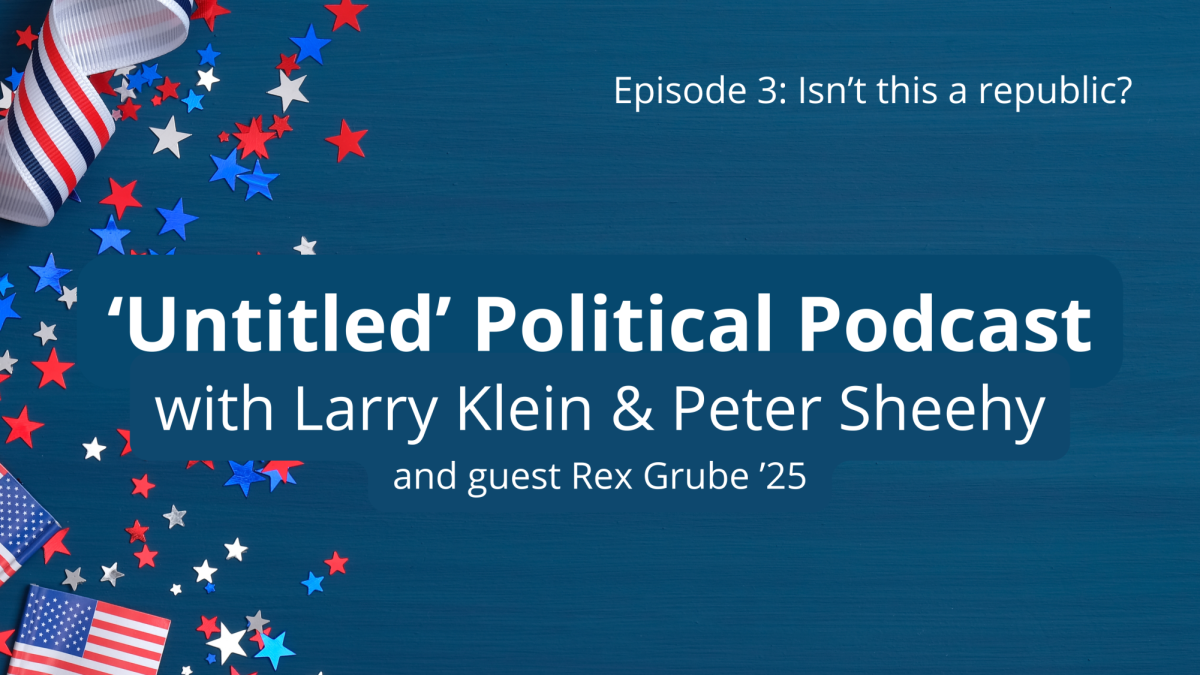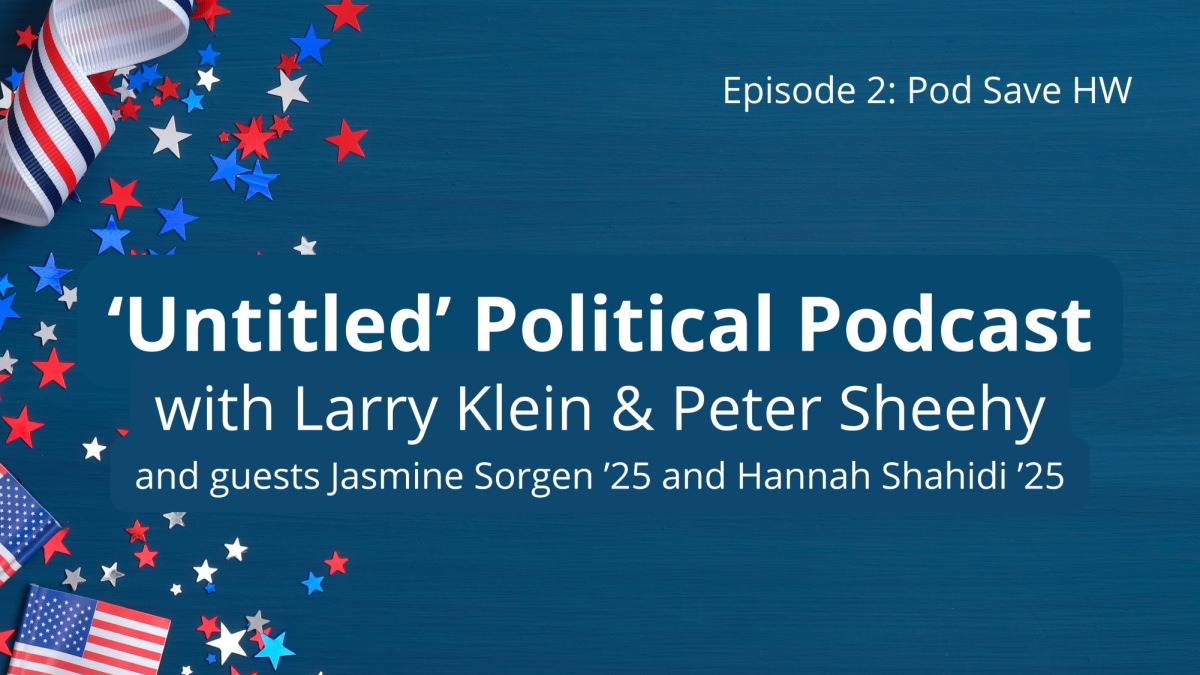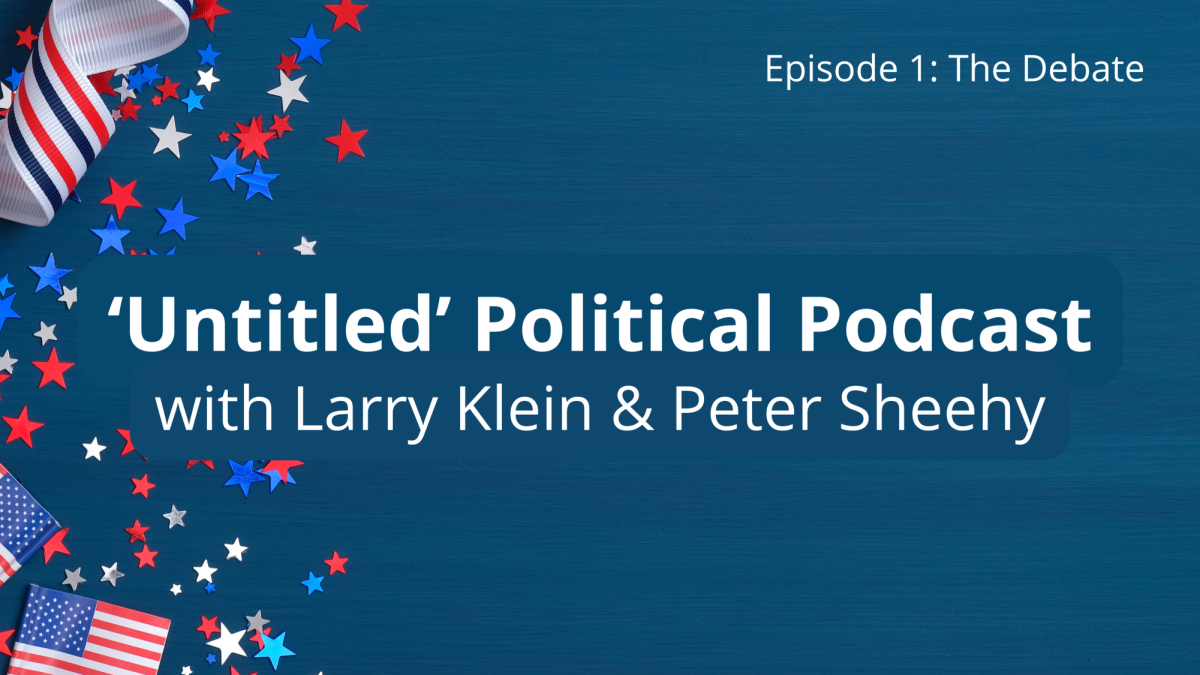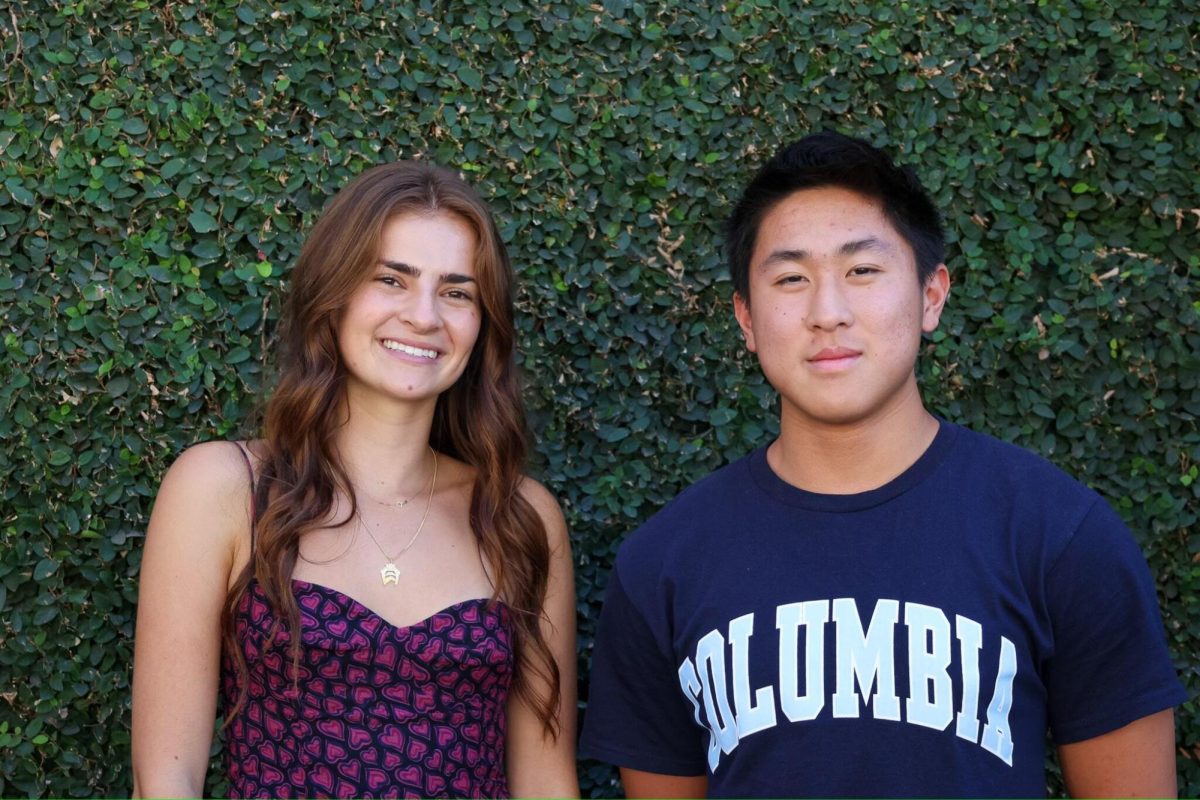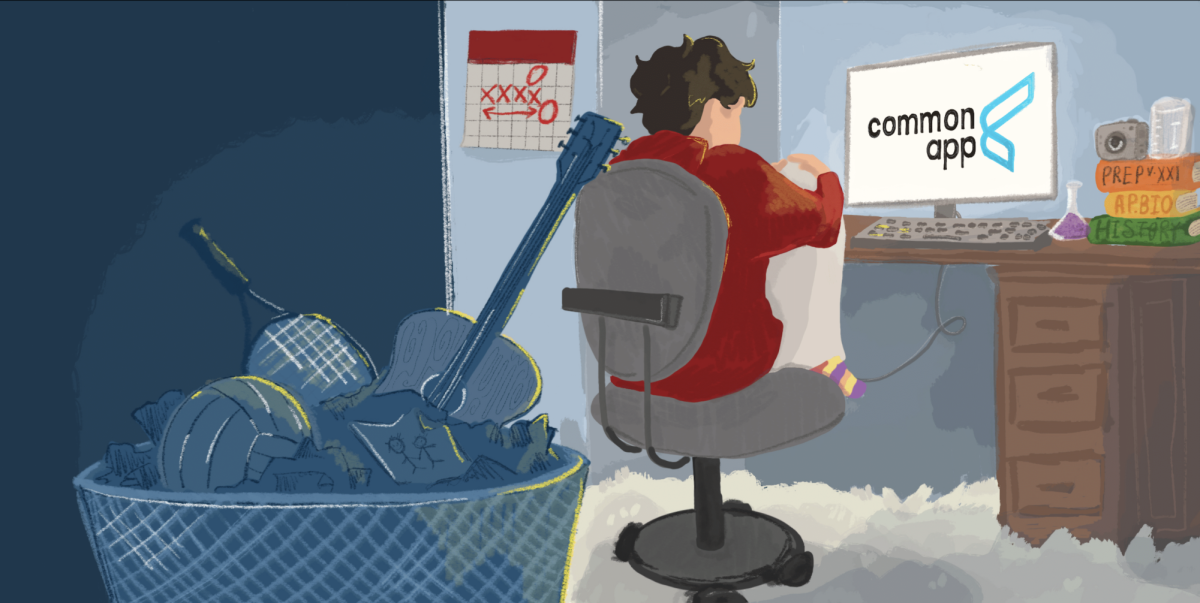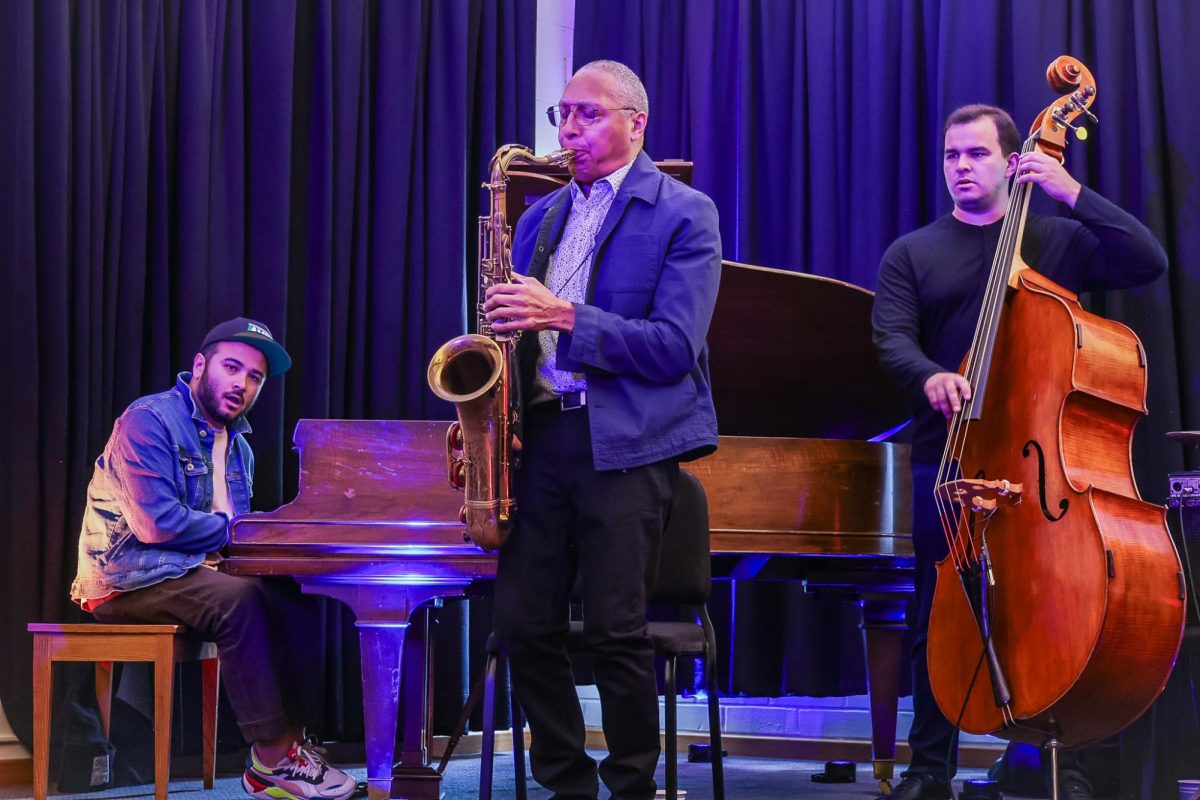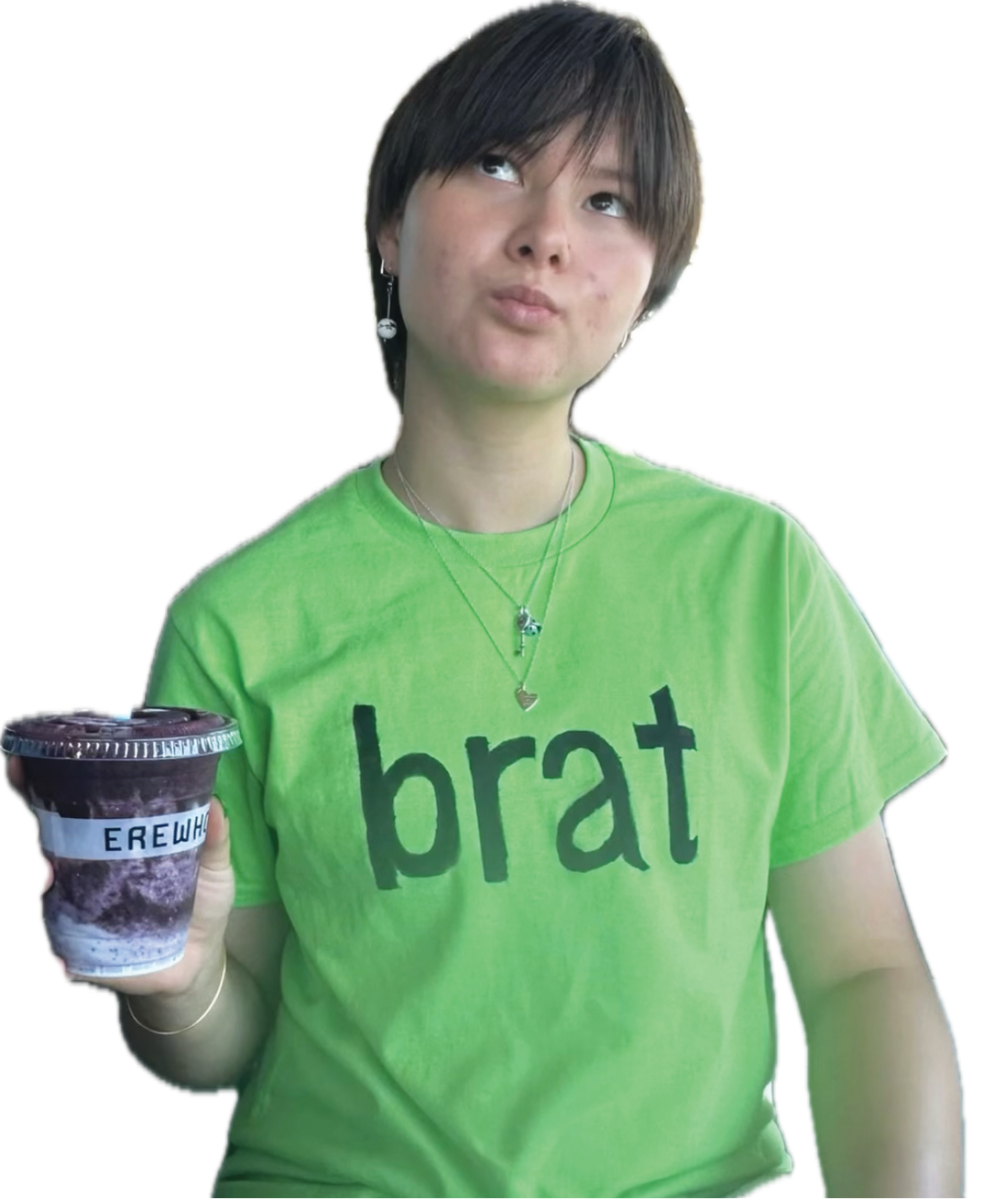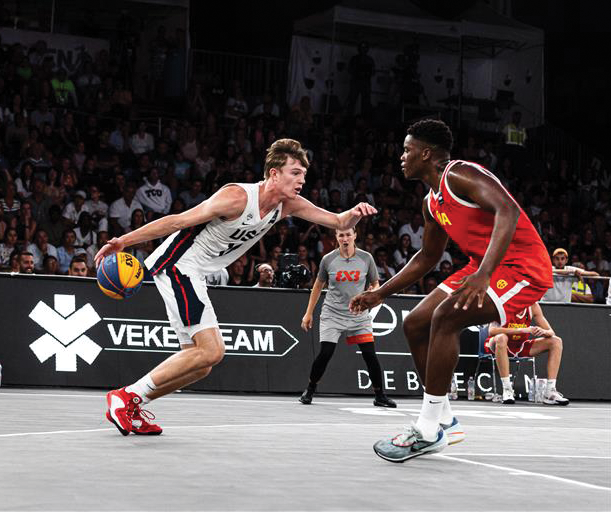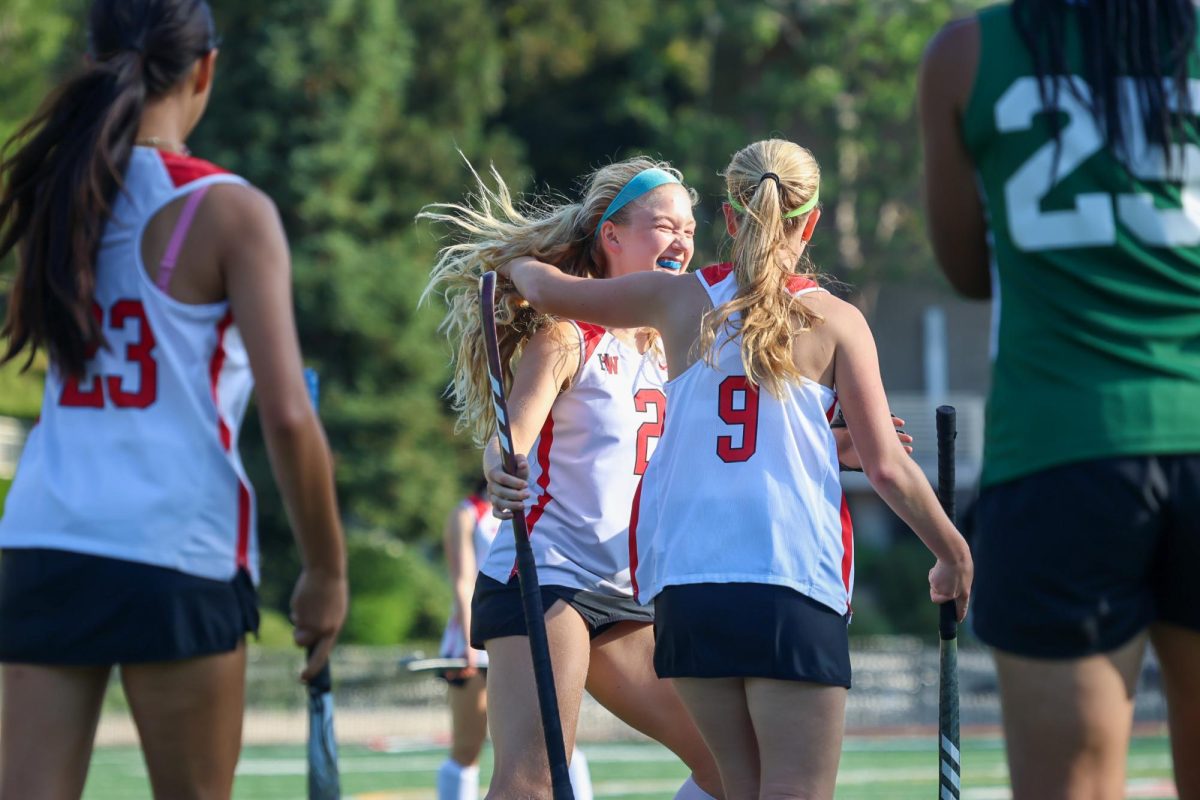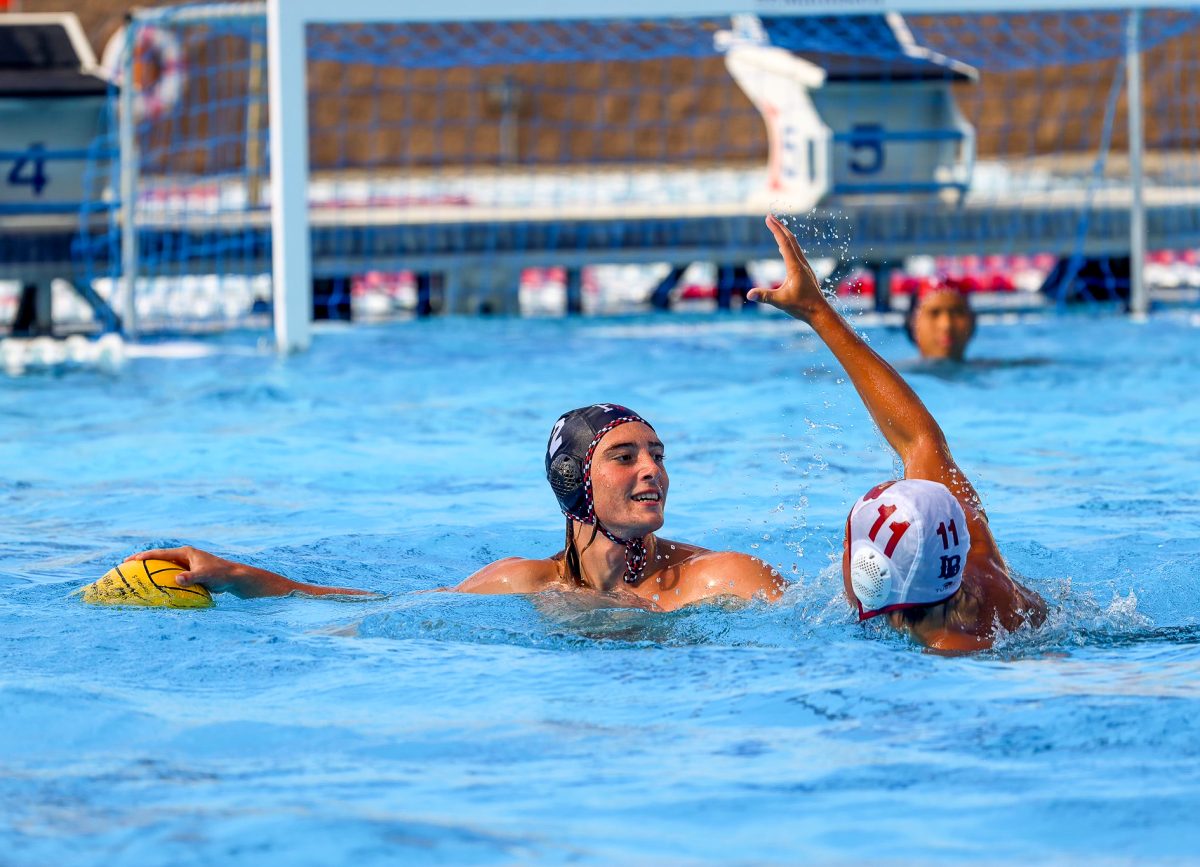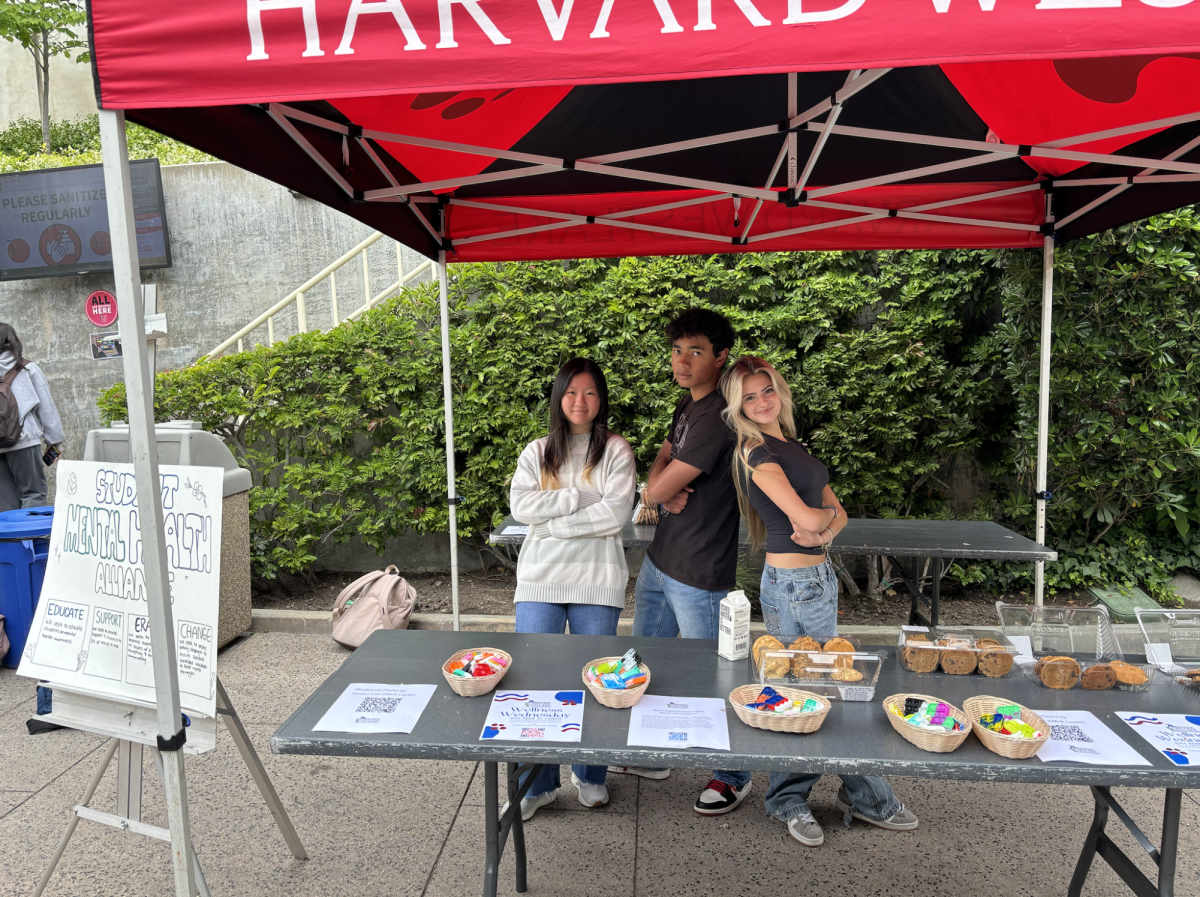Had Lucas Hernandez ’14 stayed in public school after graduating from middle school, he would have attended Leuzinger High School or Lawndale High School, the two high schools in the Centinela Valley Union School District. At these schools, less than 40 percent of students met state expectations on standardized tests during the 2011-2012 school year.
Leaving those “bleak” options behind, Hernandez chose to attend a private school for his high school years. Hernandez is one of the 15 percent of students at Harvard-Westlake that came from a public school, a proportion that is slightly higher at the upper school than at the middle school, Associate Director of Admissions Melanie León said.
The public schools that are most represented at Harvard-Westlake include Walter Reed Middle School, Milliken Middle School, Paul Revere Middle School and Culver City Middle School.
Coming to Harvard-Westlake, however, presented its own set of challenges for Hernandez, who found the transition difficult.
“During the first quarter, teachers were lenient, but after that you had to kick it into gear,” Hernandez said, “But the fact of the matter is, you can’t change your life and the 13 years of disadvantage you’ve had against most of the other students at this school.”
Kennedy Green ’14, who attended Culver City Middle School, said the differences in academic rigor were most apparent when she tried studying with her friends from outside of school.
“When I took [AP United States History], I thought it’d be helpful to have a study session with my friends from Culver, and I realized that they were missing chunks of things that I thought everybody needed to know,” Green said.
Lizzete Medina ’14 said the biggest difference between Harvard-Westlake and her middle school, Lennox Middle School, was the classroom environment, where there were normally around 30 kids.
“The teacher would teach to whoever was listening,” Medina said, “Usually the people who cared sat in the front, and the people who didn’t would sit in the back and talk the entire time.”
Hernandez, Medina and Green all said that the work at their respective middle schools was so easy that they didn’t try but still got good grades.
“I was in the honors track, and I didn’t feel a whole lot of challenge,” Green said. “It made me wonder what the regular track was like.”
Academically, Hernandez said that he was vastly underprepared for all of his classes except for math: on his first Biology Honors lab, he received a seven percent.
“At my middle school, it was ‘did you get the right answer’ — here it’s ‘I don’t care if you got the right answer, prove it to me,’” Hernandez said.
Grace Chung ’14 came to Harvard-Westlake in the seventh grade from Emerson Middle School, and she also struggled to make the academic transition. However, she didn’t think to ask her teachers for help.
“[At Emerson], if you met with teachers, there was a connotation that you had a mental problem,” Chung said.
Medina said the circumstances at Lennox were similar.
“I feel like I can depend on my teachers here,” Medina said. “At Lennox, you would hate your teachers. You wouldn’t see them as people.”
While these students expressed making a difficult academic transition, Head of School Jeanne Huybrechts said she did not think that kids from public schools are necessarily unprepared.
“Kids who have gone to very good independent schools have been taught study skills and learning strategies,” Huybrechts said. “Often the kids who are near the top of their class in public school have either learned or figured out on their own those very same study techniques and learning strategies. Half the battle in succeeding in school is just learning how to learn.”
Green said that the different academic cultures led to vastly different expectations. Only 38.6 percent of the class of 2011 at Culver City High School took all of the classes required for admission to the California State University system or the UC system, the same classes required to graduate from Harvard-Westlake.
“At Culver, you were expected to graduate, or at least complete your credits at the adult school,” Green said. “I think it’s important that here you are expected to succeed. The fact that they’re expecting something makes you want to surpass it.”
In addition to making the academic transition, these students also had to make a social transition.
“I’d say jokingly that I would have to learn a whole new vocabulary to interact with these people,” Green said. “It was true.”
Chung said that the social transition was jarring because most people at Emerson didn’t have much money. Many of her friends were in foster care, and she said that there were kids whose families were involved in gang activity. Hernandez said the socioeconomic difference was the first thing he noticed when he came to Harvard-Westlake.
“People here leave their phones around,” Hernandez said, “At middle school, most kids didn’t even have cell phones. Their families couldn’t afford them.”
However, Hernandez and Medina had a support system to help them make the social transition. They both came to Harvard-Westlake through the Richstone Educational Enterprise Program, now called the “Young Eisner Scholars.” The program prepares underprivileged youth to attend better secondary schools.
“Eisner helps you and drives you into this world you become a part of,” Hernandez said, “He changes your life for the better.”
Green said she was grateful for the opportunities she has at Harvard-Westlake.
“I feel like people don’t understand how good we have it,” Green said. “Every day I interact with my friends from other schools that don’t have anything close to what we have here.”
Green, Hernandez and Chung all keep in touch with people from their middle schools, but find that the differences in their high schools can sometimes make interactions difficult.
“They don’t have education anymore,” Hernandez said, “They’re taught to sit down and wait for the teacher to get off of Facebook. We don’t compare schools because it’s not fair.”
“I try to keep in touch,” Chung said, “but I try to distance myself because what they’re struggling with is completely different than what I’m struggling with now.”
In spite of the differences, Hernandez said that if he had to make the decision again, he would choose to go to a private school over Lawndale.
“I would have been valedictorian, but I wouldn’t have learned anything,” Hernandez said.

